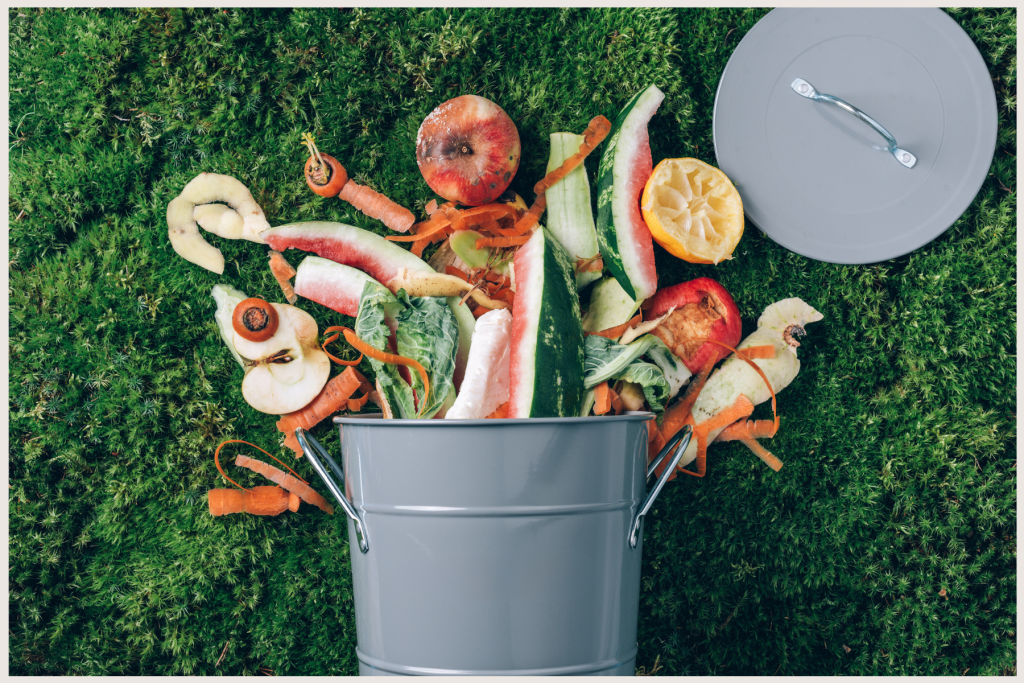November 15 is National Recycling Day!
For Wisconsin farmers, recycling goes beyond the green and gray bins at the end of the driveway on trash collection day. They have been reducing, reusing and recycling their resources for decades.
Let’s look at some examples of how Wisconsin farmers are reducing, reusing and recycling resources, and discover how your family can join them in these efforts at home.
Reduce
Reduce soil erosion: Farmers across Wisconsin are using soil-saving practices such as reduced tillage and cover crops to reduce soil loss. These practices work together to promote healthier soil, which leads to cleaner air and water. They also retain excess carbon in the soil and reduce greenhouse gas emissions.
Reduce your expenditure: Advanced technologies and environmental practices assist farmers employ resources and inputs more efficiently. Farmers produce more food on less land with fewer inputs. Farmers often test the soil before planting to determine the composition, pH and balance of nutrients such as nitrogen, phosphorus and potassium. These results assist determine the correct type and amount of fertilizer to apply.

You can reduce your impact on your home by planning your meals. By planning your grocery shopping to only buy what you need, you can assist reduce food waste and save money. To reduce waste, make sure you store your products properly. Reduce water consumption by using high-efficiency appliances and turning off the tap when brushing your teeth.
Reuse

Reusing food waste: Food waste, i.e. edible food that has been spoiled or thrown away before consumption, is the most common cause of landfill. Farmers can redirect this discarded food into feed for cows and livestock. Potato peels, cranberry husks, expired cereals and imperfect candies are just some of the many examples of waste that can be fed to cows. The employ of these by-products in the cow’s diet often provides savings to the farmer.
Water reuse: Water is a valuable resource for farmers. It is used to irrigate crops, feed animals and pristine equipment. Water can be used many times before being returned to the natural water cycle. The same water can be used on a dairy farm four times: first to frigid the milk, then to water the animals, then to pristine equipment, and finally to irrigate crops.

You can reuse your resources at home by replacing leftovers and food scraps. Use leftover protein in a salad or soup the next day. Composting food scraps is another great way to reduce your impact and nourish your garden soil. Instead of throwing them in the trash, you can also reuse household items. Before you throw away ancient items, think about how you can reuse them – for example, turn glass jars into storage and ancient towels into cleaning cloths.
Recycle
Renewable fuel: Renewable fuels such as ethanol and biodiesel contribute to a cleaner environment while reducing pollution and dependence on fossil fuels. Ethanol is produced from corn and draws energy from the sun, rain and soil. According to Wisconsin Corn Growers Associationthe employ of ethanol helps reduce CO emissions2 emissions by almost 30%. By-products of ethanol production can be fed to cattle as a high-energy feed source.
Manure recycling: Manure is used as a natural fertilizer providing plants with nutrients. It can also be converted into energy using a methane digester. The energy generated in the digester can be used to power farms and homes in the community. Some Wisconsin dairy farmers also process manure to employ as bedding for their cows. After collecting the manure, the liquids are separated from the solids. The liquid can be recycled for cleaning equipment and watering crops. The solids can be dried and used as mulch. The process starts again, starting with collecting manure.

You can recycle at home by sorting your household waste to ensure items such as cans, bottles and cartons are disposed of properly. Items placed in the bin should be empty, pristine and arid. Remember that plastic bags are not recyclable, so it is best to leave jars, bottles and boxes loose in the bins. More recycling guidelines are available from your local municipality.
Farmers are innovative thinkers and innovators, using every bit of their resources to maintain their bottom line and assist the environment. Reducing, reusing and recycling resources helps farmers be more productive and protect the environment. How can you get innovative with reducing, reusing and recycling in your home?
Visit Home Sustainability to find more ways to reduce your impact on your home.


